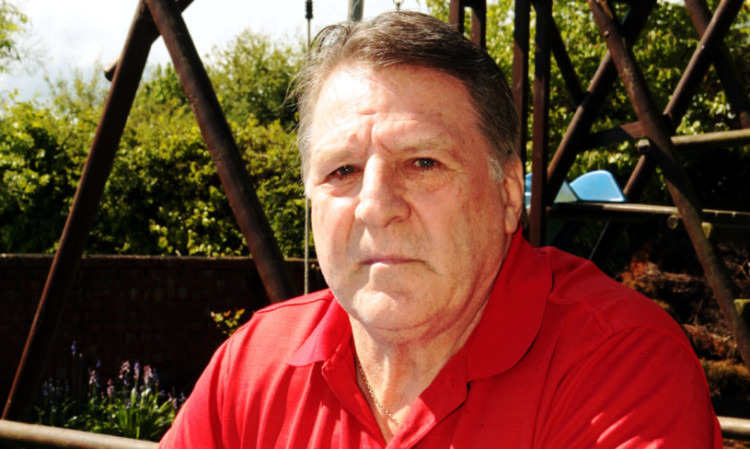A Dundee joiner who was off work for a year was fairly dismissed by the city council in a case that went all the way to the Court of Session.
Benjamin Sharp, 60, had 35 years of service but the council dismissed him on health grounds.
Mr Sharp, of Broughty Ferry, took the council to an employment tribunal claiming unfair dismissal after his sacking in September 2009 and won.
The council appealed to the employment appeals tribunal and were successful, but Mr Sharp did not let the matter rest.
He appealed to the Inner House of the Court of Session who ruled that the case should be remitted to the original tribunal to consider issues they did not take fully into account.
The critical question was whether the council could have waited longer than a year before deciding to sack Mr Sharp, and whether the tribunal should have given more weight to Mr Sharp’s views about his ability to return to work.
The original tribunal were also told they attached too much importance to the need to obtain a further medial opinion and should have considered whether Mr Sharp’s 35 years of service was relevant.
Reconvening in February, the panel under judge Mary Kearns recalled Mr Sharp went off work in September 2008 with a foot complaint but he also had personal difficulties.
He was charged with a serious criminal offence which was later dropped, and he was asked about this episode at an investigatory meeting with his employers.
The tribunal recorded that the meeting was not handled sensitively, and Mr Sharp said this set back his recovery.
Signed off with nervous debility and then depression and anxiety, he was referred to the council’s occupational health department to determine his fitness and likely return to work but remained absent.
In September 2009 he was told his absence was not conducive to the efficient operation of the service and later that month he was dismissed on grounds of capability, having indicated that he was not ready to return to work.
The tribunal ruled that given the medical evidence from the occupational health physician and Mr Sharp’s own doctor plus Mr Sharp’s own views, a reasonable employer would have concluded that he was unlikely to return to work in the foreseeable future.
He might reasonably be dismissed on health grounds and dismissal was fair.
Mr Sharp’s solicitor Danny Devine, of Muir Myles Laverty, said: “I am bitterly disappointed with the judgment. I have sent a copy to my advocate to consider whether there are grounds for further appeal.”
